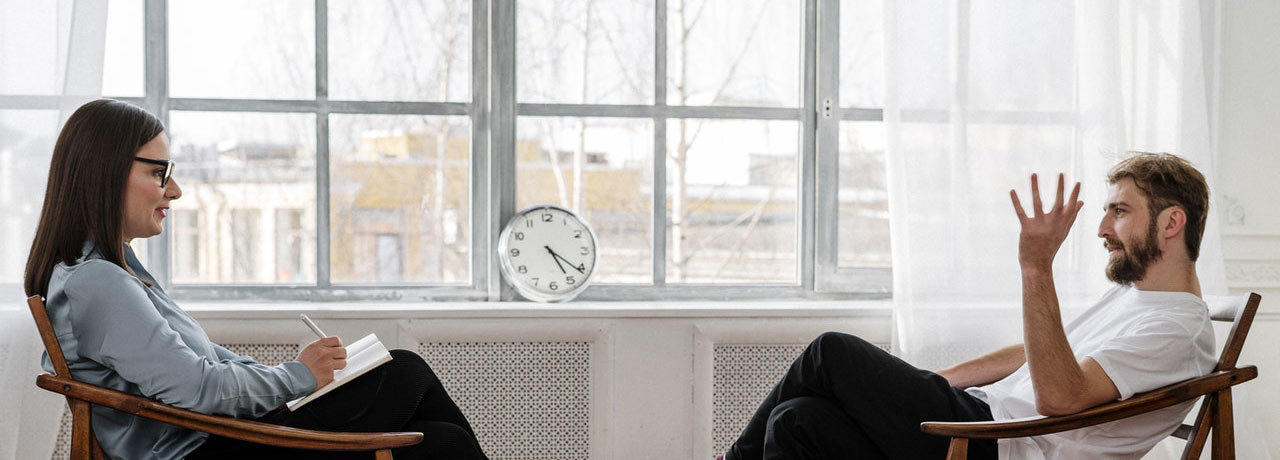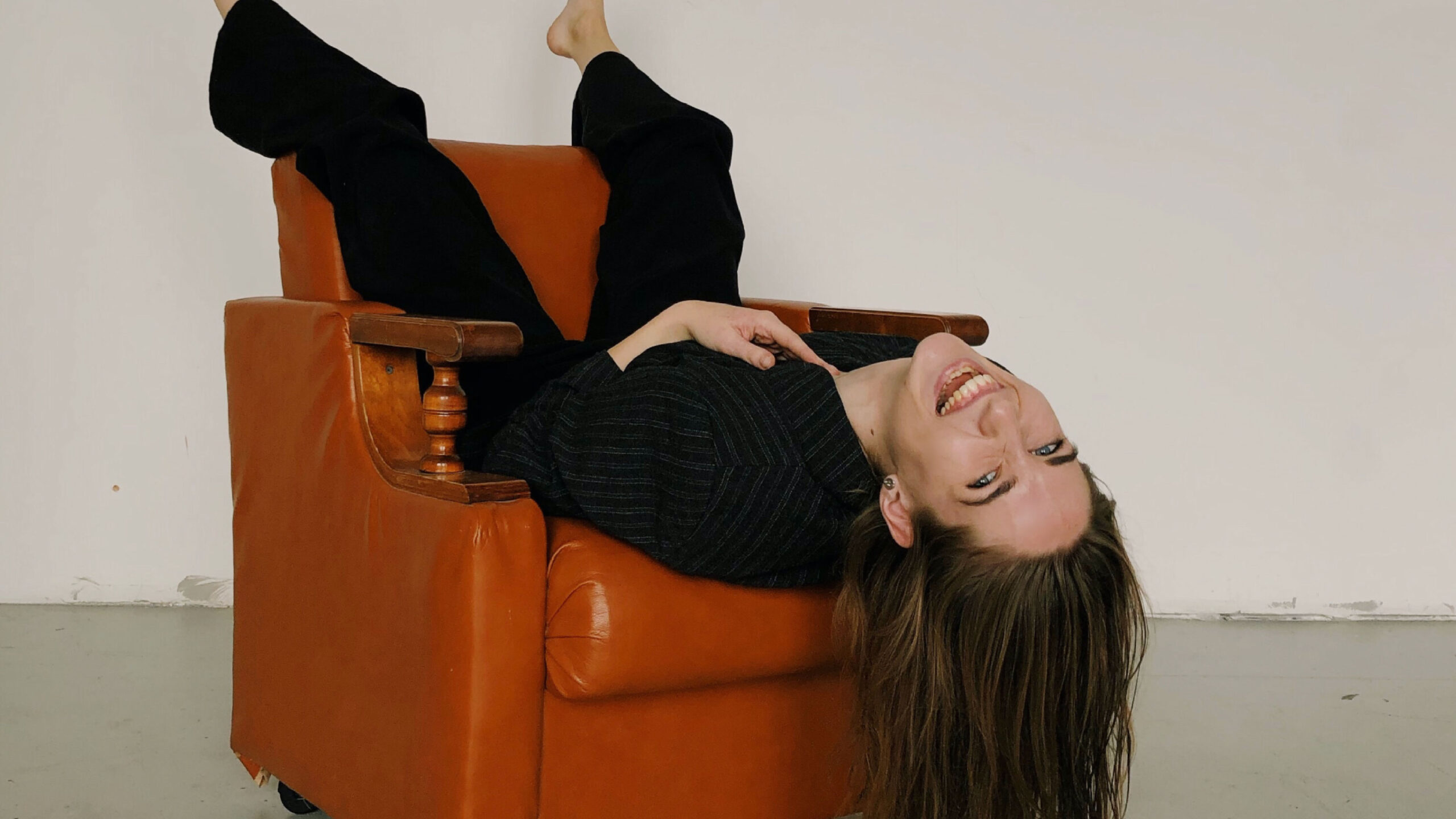

Did you know that while Covid-19 is a danger to our physical health, it’s our mental well being that is being hurt the most?
The lockdown has caused immense stress to hundreds and thousands of people.
This has led to soaring rates of depression and anxiety.
Reach out if you’re having panic attacks, worrying incessantly, or just feeling like your life is no longer your own,
Ask for help.
About 1 in 4 Americans or 59 million people have seen a therapist at some point in their lives.
This could be you.
When you do decide to opt for therapy, is important to build a therapeutic alliance.
Aren’t you just supposed to hunt up a qualified therapist, check their reviews, pick one that suits you and start making it to appointments?
Well yes, showing up is definitely the first part of the game since if you don’t meet up with your therapist, you won’t be able to build an alliance with him or her.
But when you enter into a therapeutic relationship, I want you to start thinking about the alliance you need to form with your therapist.
What is a therapeutic alliance?
Recently there has been a shift in how we understand or think about therapy.
Do you remember how in some older books and magazines the white-haired, bespectacled therapist looks rather stern and grim?
Aloof is the right word I believe.
But now therapy is less about being reserved and more about developing a bond between the therapist and the client.
Researchers have learned that the greatest predictor of a desirable outcome from therapy is the quality of the relationship the therapist and client are able to forge.
In other words the stronger your alliance, the better the chances that you will be able to achieve your therapeutic goals.
Other researches have also confirmed that the better the bond between the therapist and the client, the higher the chances of the relationship continuing for a longer period.
If your alliance isn’t strong, you may just run out of the door sooner rather than later without having achieved much.
Sigmund Freud, the father of psychology, referred to this alliance as a bond.
“The analytic physician and the patient’s weakened ego, basing themselves on the real external world, have to band themselves together into a party against the enemies,” he wrote.
Importance of the Therapeutic Alliance
All relationships in the world are based on trust. Students trust their teachers which is why they listen to their teachers.
A wife trusts her partner and so chooses to live with him or her.
A mother trusts the teachers at her son’s school and so allows her child to go there.
But one of the main reasons people seek out therapy is because they find it difficult to trust others and build relationships in the real world.
This is why the therapeutic alliance is so important.
Is beneficial for the patient to develop a strong bond with their therapist.
This will help them take off their mask and experience a relationship of trust.
The stronger this alliance, the more the chances of the patient to mimic this bond in the outside world.
How To Form Such an Alliance
To develop such an alliance, the first step is obviously to choose a therapist and then start showing up with a positive and open mindset.
You need to at least try and trust the person sitting in front of you and believe that he or she is there only to help you.
The basic three elements of a therapeutic alliance are:
– The therapist and the client need to agree on the goals of treatment
– They both need to agree on the tasks to be performed to meet their goals
– They need to develop a personal bond created out of reciprocal positive feelings
Once you take these steps toward building a robust therapeutic alliance, you will find yourself being transformed by the power of the relationship you are now forming.
A therapeutic alliance is truly one of the strongest and most rewarding bonds you will ever form with any human being.
Enter into it with a positive mindset and some degree of faith and I promise you!
Your life and relationships will be completely transformed.
A therapeutic alliance is not a one-way street
As a client, you will want a therapist who is empathetic, understanding, and an excellent listener.
You will also be looking for someone you can trust probably more than any other person in this world.
Carl Rogers famously said: “Person-centred therapy recognized that better results were gained if a therapist was empathetic.”
Empathy, thus, seems to be one of the most desirable qualities in a therapist.
A therapist has expectations to build a robust alliance, but also the client has them.
You, the client, need to be regular in your sessions.
Come with an open and positive mindset, be eager to work collaboratively and actively toward building a relationship of trust.
Only by constant efforts and work from both sides can a therapeutic alliance benefit both.
Outcomes with a therapeutic alliance
A strong therapist-client relationship is 7 times more likely to be beneficial than where there is no alliance.
When you build the alliance early on in therapy, the chances of the client dropping out of therapy decrease drastically.
The client is more likely to commit to therapy in the presence of an alliance.
It’s clear that a therapeutic alliance drastically improves the quality of therapy and the outcomes of a therapeutic relationship.
When you decide to start going for therapy, choose your therapist carefully.
Ask yourself if this is someone you want to develop a long-standing relationship of trust with.
Therapy is no longer a one-sided exercise.
Both sides need to put in some effort to meet their goals.
Get an appointment today with one of our specialists that can help you live your best life.





